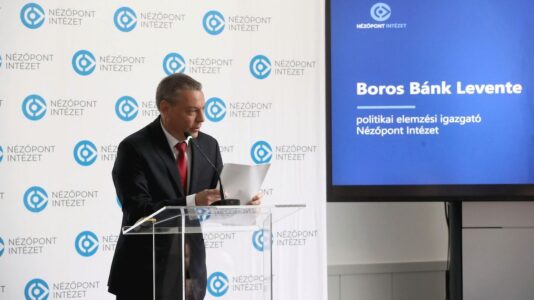Polish Prime Minister Donald Tusk has announced plans to press forward with the ambitious Central Communication Port (CPK) project, labeling it a “triple jump into the future.”
Tusk’s vision for Poland includes the construction of a central airport with a network of rapid transit connections that will reduce travel times dramatically across the country. “Poland will soon become one vast megalopolis. It will take only 100 minutes to travel from Warsaw to cities like Gdańsk, Kraków, and Katowice,” said Tusk during a press conference on Wednesday.
The CPK project, now also described as the “100-minute Project,” aims to link Poland’s largest cities through a network of high-speed trains. Additionally, the initiative includes the “Close to the Airport” plan which focuses on the development of regional airports and the construction of a new airport in Baranów by 2032. The expansion of the Polish Airlines (LOT) fleet to over 130 aircraft is another significant component of the strategy.
A crucial aspect of the CPK is its rail component, featuring a Y-shaped branching system. Tusk assured that the revised plan would involve fewer expropriations, easing some public concerns. The high-speed rail lines, particularly those connecting Warsaw with Poznań and Wrocław, are expected to reach speeds of 300-320 km/h.
On aviation development, the government is committed to supporting regional airports, including an enhanced connection from Warsaw Central to the Modlin stop. Addressing the new central airport’s skeptics, Tusk confirmed that the Baranów Airport would be operational by 2032 and is envisaged as the most modern airport in Europe with a capacity to handle 34 million passengers.
Former Prime Minister Mateusz Morawiecki criticized the press conference held by Tusk and his ministers. He stated that in the CPK project prepared by the PiS government, the port was not only supposed to host many more passengers than what Prime Minister Tusk announced on Wednesday, but it was also meant to be a real cargo port and a central transshipment hub in the event of a Russian Federation attack on Poland. “CPK was fundamentally supposed to enhance Poland’s security. Instead, today we are dealing with a caricature,” he assessed.
“Tusk wants a caricature. He should ask the experts, he should ask those who today are stimulating this social wave into action against the rulers. It is not PiS, it is Polish society that is forcing Tusk to make decisions, this government that lacks any developmental ambitions,” he added.
According to Morawiecki, what Prime Minister Tusk “showed at today’s conference is a minimalist project.”
After the government change in Poland last fall, discussions flared up about what Donald Tusk’s team would do with the project to build the Central Communication Port. The left-liberal coalition criticized the investment during the election campaign, calling it “PiS megalomania.”
Then, Tusk’s government began to defend itself against accusations that it had already “buried” the CPK. It assured that the project was continuing, while in the meantime, analysis was ongoing regarding its justification and structure.
In May, as reported by the media, the scales in the ruling coalition began to tip in favor of CPK supporters.






